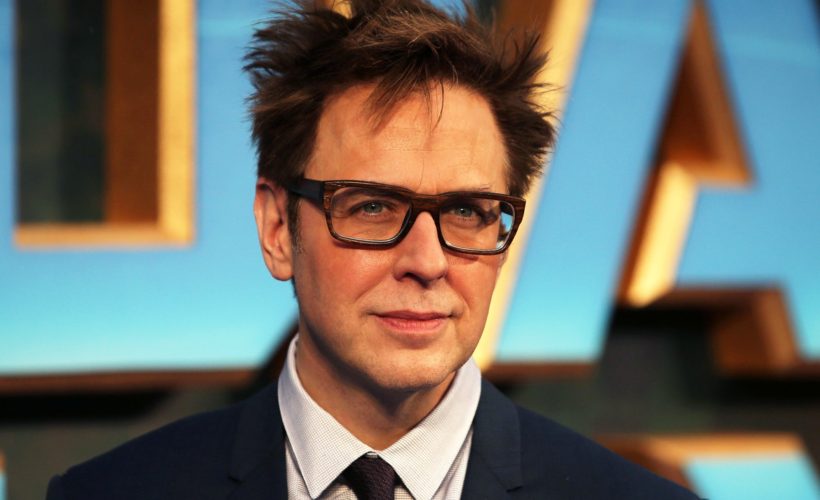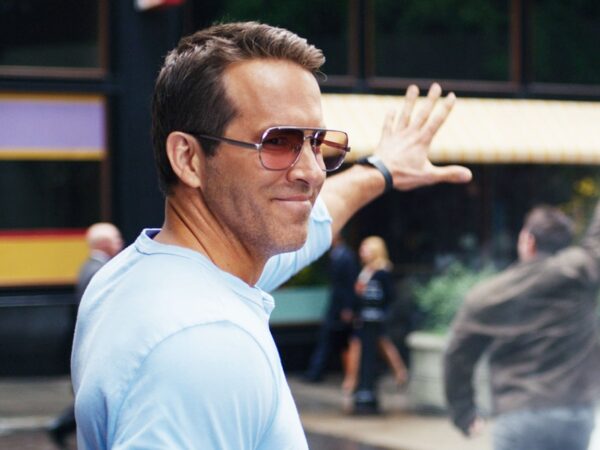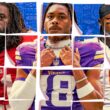Just a few years ago, James Gunn was a champion of the Comic-Con cosmos, having arrived at the convention in 2013 to show off early footage from Guardians of the Galaxy, the Marvel adaptation that would become the director’s breakthrough hit. But on Friday, the 51-year-old filmmaker pulled out of a convention appearance, where he was to make a surprise announcement at a Sony Pictures panel. Whatever that particular revelation was, it paled in comparison to the day’s breaking news: Disney, which as Marvel Studios’ parent company had released both Guardians and its 2017 sequel, had fired the director after a series of years-old tweets had resurfaced. “The offensive attitudes and statements discovered on James’ Twitter feed are indefensible and inconsistent with our studio’s values,” noted Disney chairman Alan Horn in a statement. “And we have severed our business relationship with him.”
Gunn’s tweets, some nearly a decade old, included multiple missives about rape and pedophilia. “When I started,” he wrote on Thursday, “I viewed myself as a provocateur, making movies and telling jokes that were outrageous and taboo…I’ve developed as a person, so has my work and my humor.” (He released a longer statement today.) It wasn’t the first time the director aimed to distance himself from his past: In 2012, he apologized after writing a blog post that was criticized for being homophobic. But that was when Gunn was still best known as an indie genre-nerd—not the writer-director responsible a billion-dollar franchise owned by an ostensibly family-friendly media conglomerate.
For Disney—whose flagship network, ABC, canceled Roseanne Barr’s ABC sitcom after a tweet in May—the decision to remove Gunn was swift and inevitable. The company has long been averse to any sort of controversy: In the ‘90s, its then-subsidiary Miramax had to release its NC-17 teen-drama Kids independently in order to avoid embarrassing its parent company. A few years later, ABC placed parental-advisory warnings on episodes of Ellen after the show’s lead character came out. And those fearful responses were undertaken before the Twitter era, when kerfuffles become controversies within hours, if not minutes. When Gunn’s old messages were dug up and spread online late this week—most visibly by alt-right figures Mike Cernovich and Jack Posobiec, both of whom had long been railing against Hollywood—it seemed like a given that the studio would cut ties with Gunn, who was in the midst of planning a third Guardians installment. For a company that promises its fans, and its shareholders, a troubled-free existence, Gunn’s tweets were potentially catastrophic. Whether executives had ignored Gunn’s older tweets before hiring him, or simply failed to do due diligence, there was no way they were going to allow the words “Disney” and “pedophilia” to become part of the same trending topic.
At Comic-Con on Friday, Gunn’s dismissal quickly became a source for online and on-line chatter—and, for some, an unnerving reminder of the ugliness just outside the convention’s walls. For the tens of thousands of revelers who come to San Diego each summer, Comic-Con represents a furlough from reality, a place where anyone can be a superhero; where even the most niche fandoms feel like global phenoms; and where tough Q&A questions are politely put aside (or, in some cases, pre-screened out of existence). It’s not so much an isolated bubble as it is a distraction-filled dome. You could look at the outside world—but why would you want to?
This year, though, reality has encroached upon the convention in seismic ways. Last month, long-time Comic-Con presence Chris Hardwick—one of the event’s go-to moderators—was yanked from all appearances at this year’s event, after acknowledging that a Medium post by an ex-girlfriend alleging abusive behavior was about him. (Hardwick denied the allegations.) The event’s organizers never officially commented on the removal of Hardwick, who’d overseen past panels for the likes of The Walking Dead and Warner Bros. And while this year’s Comic-Con line-up includes crucial panels on #MeToo and other social issues, they’re relegated to the smaller rooms, away from the rah-rah uplift of the larger halls.
The abrupt dismissals of Hardwick and Gunn—both Comic-Con celebrities—are unrelated and unresolved, and discussions about either are bound to be tough, even painful. But they’re worth facing head-on, and doing so in full view. Comic-Con has long prided itself on being a respite from the troubles of the other 51 weekends of the year. But as the world of fandom expands, so do the problems inherent to it. To confront them now, before they can spill onto the convention floor, is the only heroism possible.
More Great WIRED Stories
- Reddit goes old school with subreddit chat
- Photograph or painting? These landscapes are both
- The simple hook that could make drone deliveries real
- How to free up space on your iPhone
- The curious case of the deadly superbug yeast
- Looking for more? Sign up for our daily newsletter and never miss our latest and greatest stories
Source:WIRED











